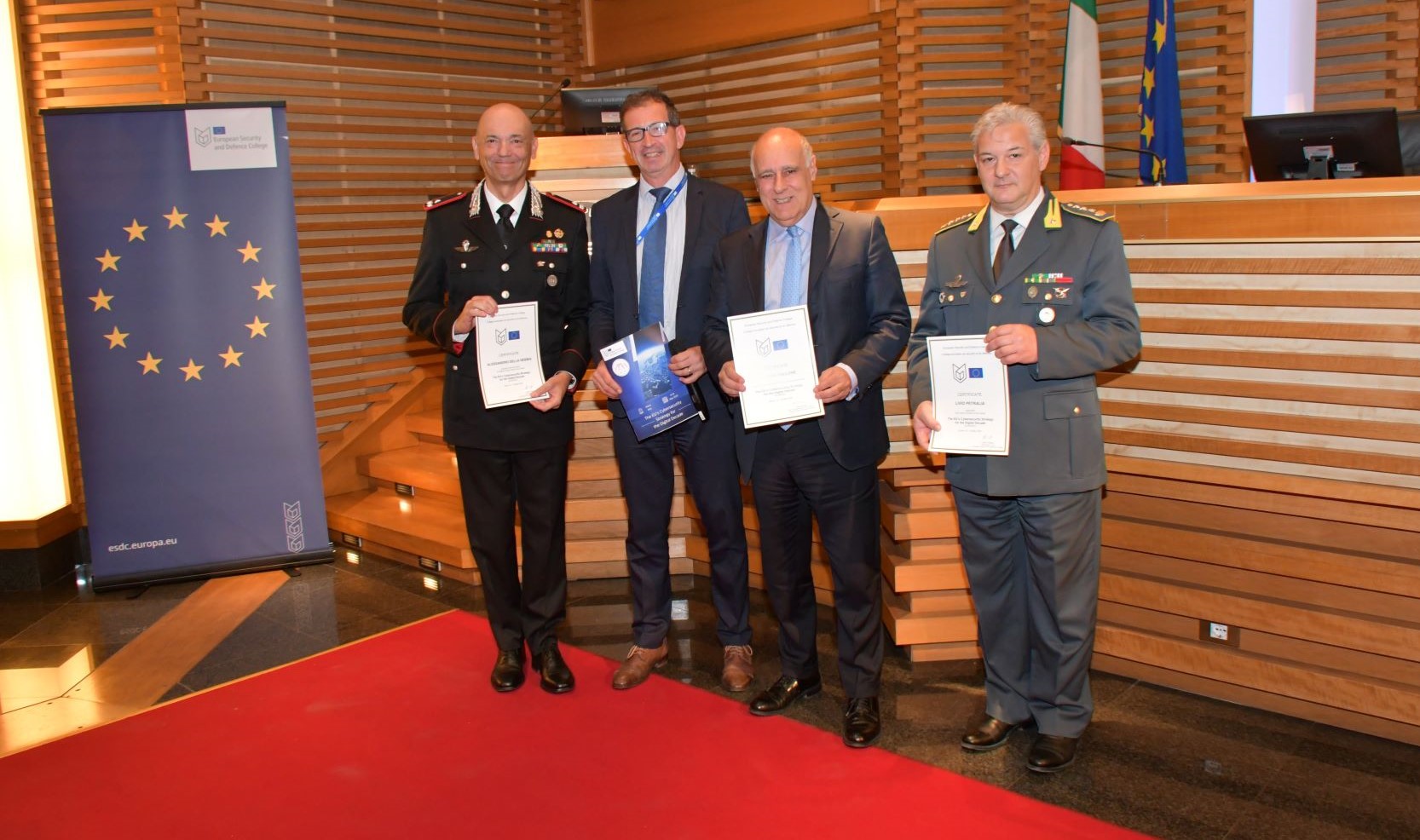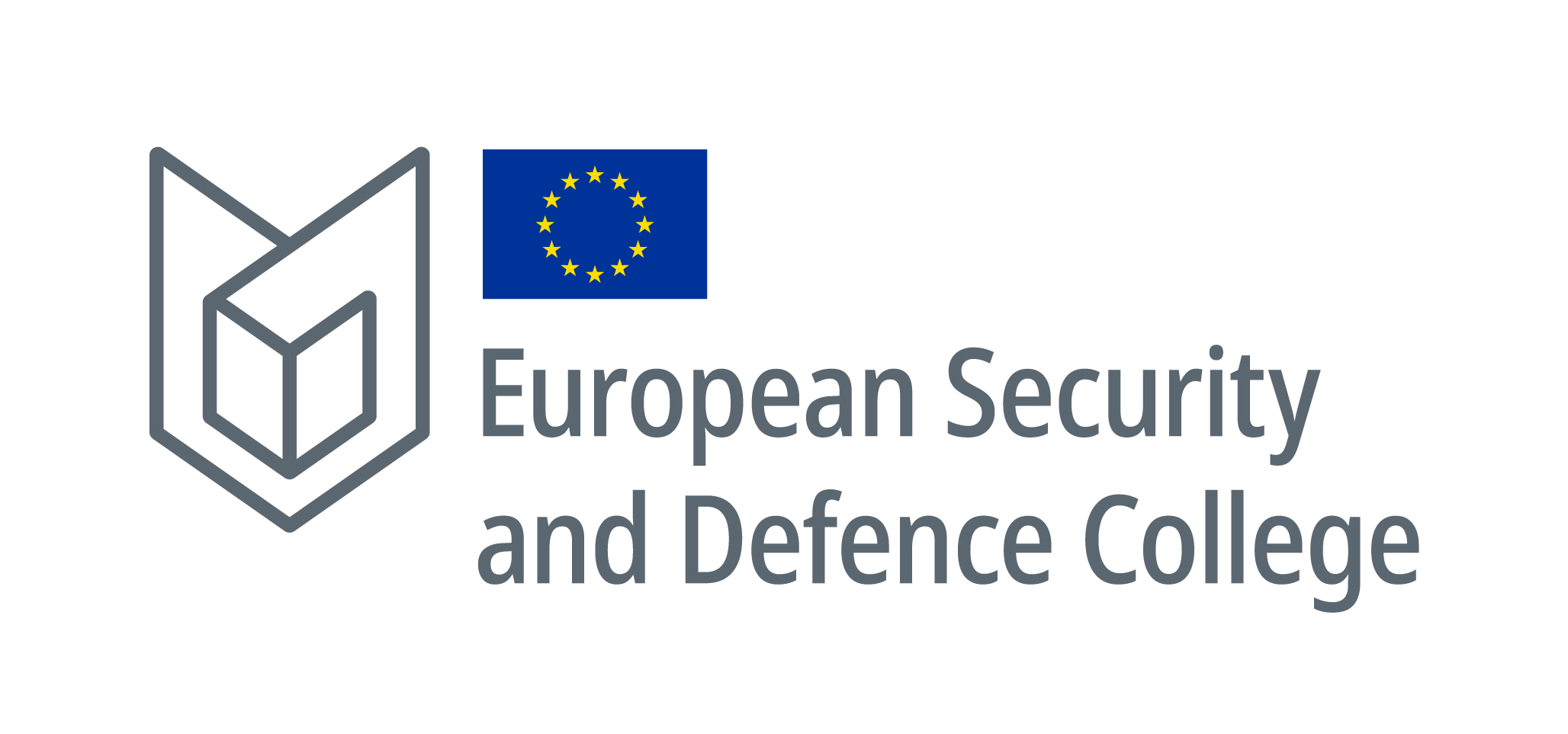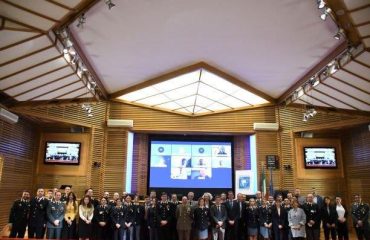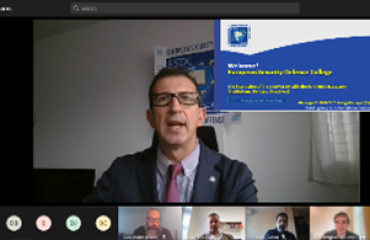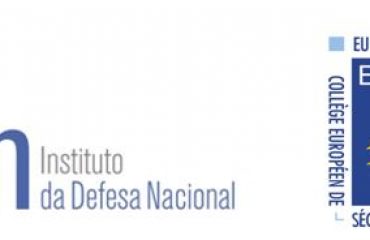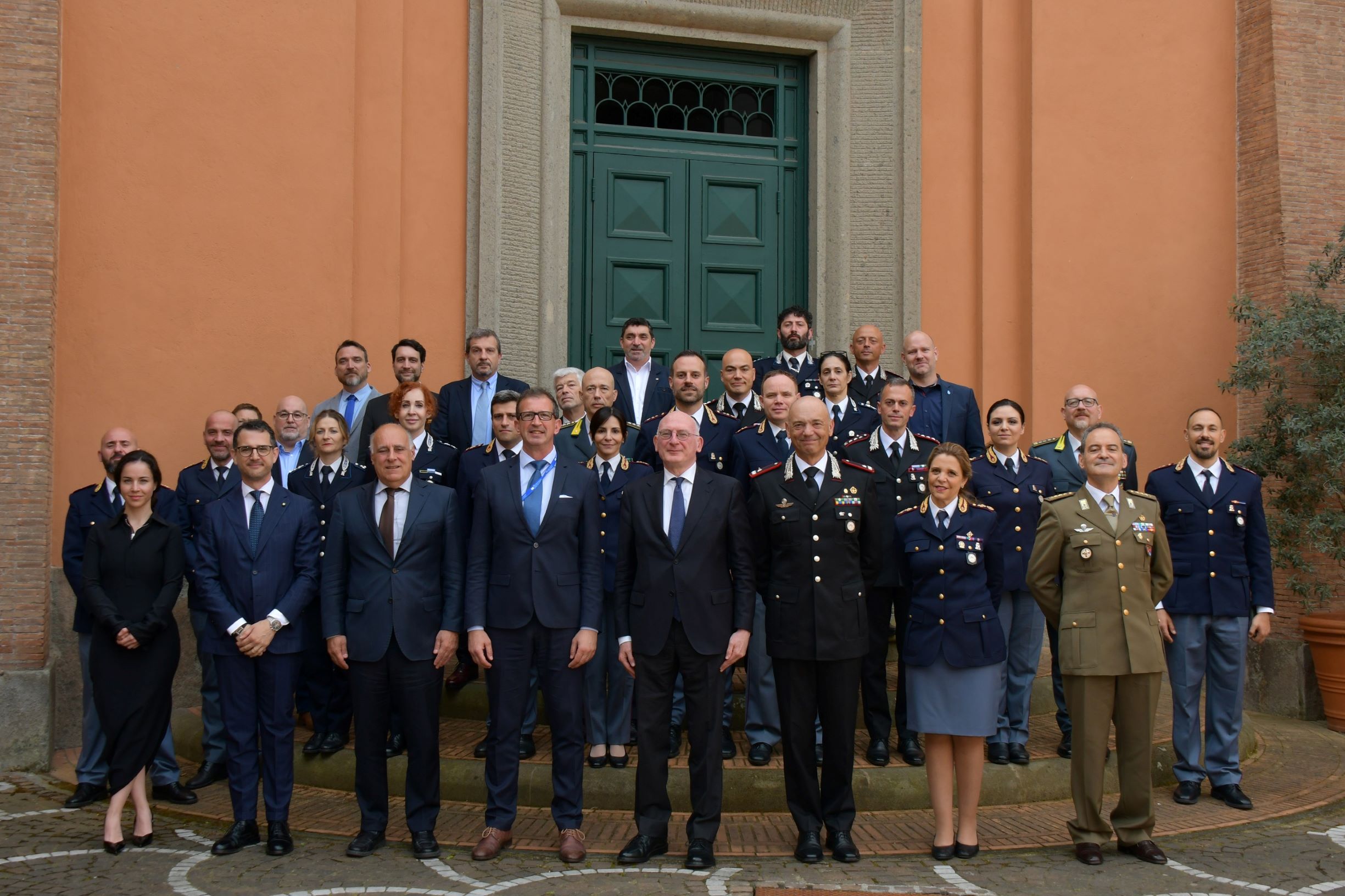 This fourth edition of the course, with around 30 lecturers and experts, provided a unique opportunity for mid-ranking and senior officials (civilian and military) to exchange views, share best practices, and enhance their skills and competencies in alignment with the EU Cybersecurity Strategy’s objectives. The residential setting in Rome allowed for deep dives into cutting-edge topics like cyber resilience, technological sovereignty, and international cyber law.
This fourth edition of the course, with around 30 lecturers and experts, provided a unique opportunity for mid-ranking and senior officials (civilian and military) to exchange views, share best practices, and enhance their skills and competencies in alignment with the EU Cybersecurity Strategy’s objectives. The residential setting in Rome allowed for deep dives into cutting-edge topics like cyber resilience, technological sovereignty, and international cyber law.
 The course featured expert lectures, in-depth discussions on hybrid threats and international cooperation, and practical case studies with leaders from major organizations. It enhanced participants’ understanding of the EU Cybersecurity Strategy and prepared them for future challenges. Additionally, law enforcement personnel from the Italian Advanced Training Course also attended.
One key objective was the strengthened cooperation between the ESDC, the Interagency Law Enforcement Academy of Advanced Studies, the European Parliament, the Council of Europe and ECTEG, in the cyber domain, training, and education. This enhanced collaboration has laid a solid foundation for future initiatives, driving a more unified and resilient approach to combating cyber threats across the EU.
The course featured expert lectures, in-depth discussions on hybrid threats and international cooperation, and practical case studies with leaders from major organizations. It enhanced participants’ understanding of the EU Cybersecurity Strategy and prepared them for future challenges. Additionally, law enforcement personnel from the Italian Advanced Training Course also attended.
One key objective was the strengthened cooperation between the ESDC, the Interagency Law Enforcement Academy of Advanced Studies, the European Parliament, the Council of Europe and ECTEG, in the cyber domain, training, and education. This enhanced collaboration has laid a solid foundation for future initiatives, driving a more unified and resilient approach to combating cyber threats across the EU.

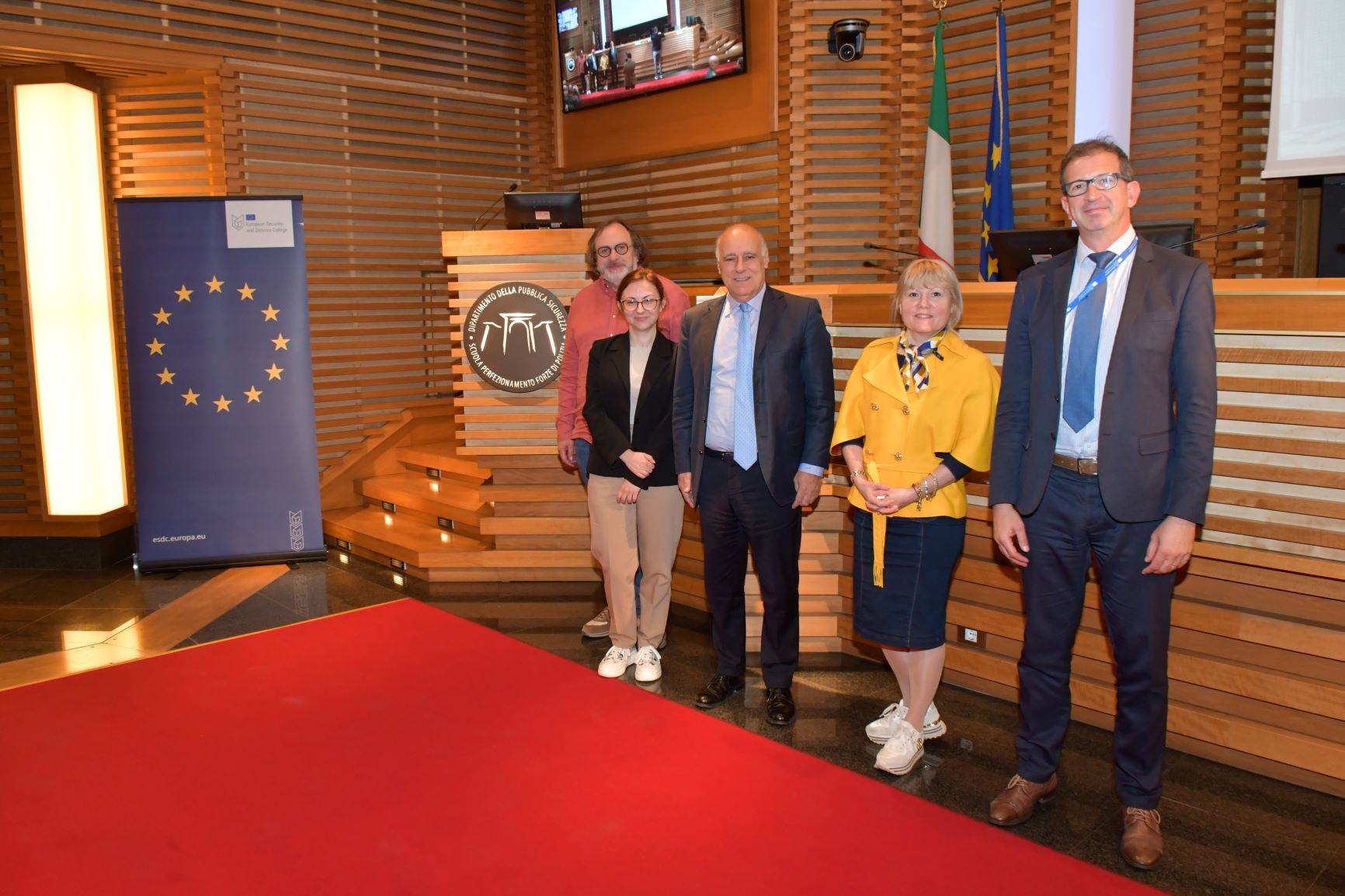
 The ESDC would like to thank the speakers/experts for their excellent contributions and valuable input and suggestions, and in particular:
HE Stefano Gambacurta, Deputy Director-General of Public Security for coordination and planning activities and Mr. Marcello Albergoni, Deputy Chief of Staff of the Italian National Cybersecurity Agency;
The ESDC would like to thank the speakers/experts for their excellent contributions and valuable input and suggestions, and in particular:
HE Stefano Gambacurta, Deputy Director-General of Public Security for coordination and planning activities and Mr. Marcello Albergoni, Deputy Chief of Staff of the Italian National Cybersecurity Agency;
 all the distinguished lecturers from the main stakeholders of the European cyber ecosystem: European Parliament, European Commission, Council of Europe, EEAS, EUMS, ENISA, EDA, EUROPOL, EU-LISA, ECTEG and Hybrid CoE;
Thanks to all the distinguished speakers from the key stakeholders of the Italian cyber ecosystem: the Minister for Foreign Affairs, the Ministry of Defence, the National Cybersecurity Agency, the National Anti-Crime Computer Centre for the Protection of Critical Infrastructure, Gruppo Ferrovie dello Stato Italiane, Fondazione Intelligence Culture and Strategic Analysis (ICSA), Università Campus Bio-Medico, Enel Group, and ELT Group.
Special thanks go to the course director, Maurizio Vallone and @Giuseppe Zuffanti, and his staff for their excellent cooperation in organizing the course, as well as to all the participants for their active engagement and commitment.
all the distinguished lecturers from the main stakeholders of the European cyber ecosystem: European Parliament, European Commission, Council of Europe, EEAS, EUMS, ENISA, EDA, EUROPOL, EU-LISA, ECTEG and Hybrid CoE;
Thanks to all the distinguished speakers from the key stakeholders of the Italian cyber ecosystem: the Minister for Foreign Affairs, the Ministry of Defence, the National Cybersecurity Agency, the National Anti-Crime Computer Centre for the Protection of Critical Infrastructure, Gruppo Ferrovie dello Stato Italiane, Fondazione Intelligence Culture and Strategic Analysis (ICSA), Università Campus Bio-Medico, Enel Group, and ELT Group.
Special thanks go to the course director, Maurizio Vallone and @Giuseppe Zuffanti, and his staff for their excellent cooperation in organizing the course, as well as to all the participants for their active engagement and commitment.
